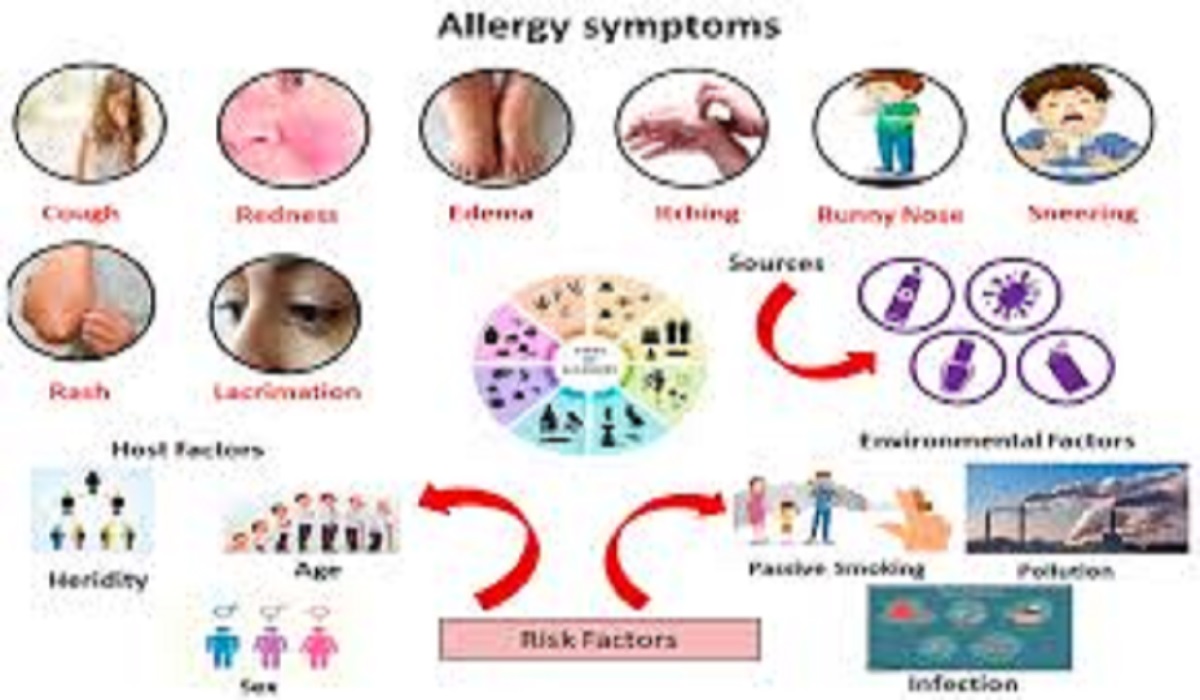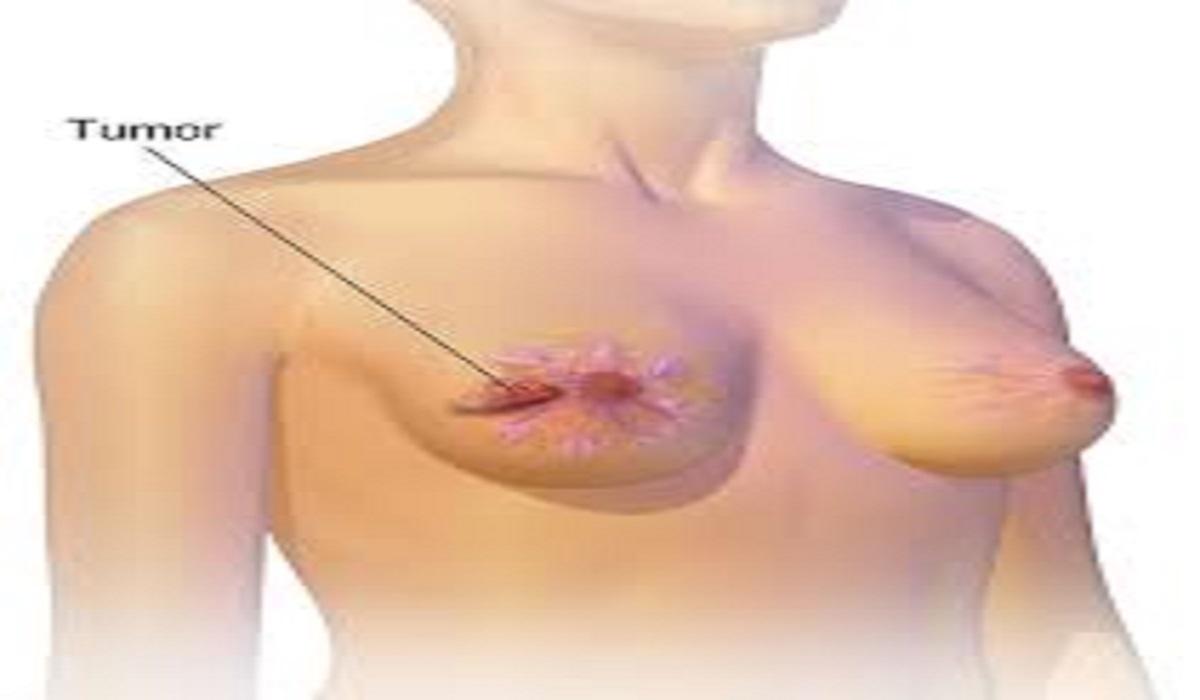Types of Allergies & Their Symptoms
Types of Allergies & Their Symptoms: Allergies occur when the body’s immune system overreacts to a normally harmless substance, treating it as a dangerous invader. Allergies are an exaggerated immune response to substances called allergens, which can include pollen, pet dander, certain foods, insect venom, or medications. While these substances are generally harmless to most people, those with allergies experience symptoms ranging from mild irritation to life-threatening reactions.
How Allergies Develop?
When a person with an allergy is exposed to an allergen, their immune system mistakenly identifies it as a threat. In response, the body produces immunoglobulin E (IgE) antibodies, triggering the release of chemicals like histamine. This reaction leads to inflammation and allergy symptoms.
Common Allergens
- Foods (peanuts, shellfish, eggs, milk)
- Airborne particles (pollen, dust mites, mold spores)
- Insect stings (bee venom, wasp stings)
- Medications (penicillin, aspirin)
- Skin irritants (latex, nickel, fragrances)
Why Do Some People Develop Allergies?
Allergies can be influenced by:
- Genetics (family history of allergies or asthma)
- Environmental factors (pollution, early childhood exposure)
- Immune system sensitivity (overactive immune response)
Allergy vs. Intolerance
Unlike allergies, which involve the immune system, intolerances (e.g., lactose intolerance) typically cause digestive discomfort without an immune reaction.
Understanding allergies is the first step toward effective management. In the next sections, we’ll explore different types of allergies, their symptoms, and the latest treatments.
Common Types of Allergies
Allergies can be categorized based on the allergen type and how they affect the body.
Food Allergies
Food allergies are among the most prevalent, affecting both children and adults.
- Peanut allergy
- Shellfish allergy
- Dairy allergy
- Gluten intolerance vs. wheat allergy
Seasonal Allergies (Hay Fever)
Seasonal allergies, or allergic rhinitis, flare up during specific times of the year.
- Pollen allergies (tree, grass, weed)
- Mold spore allergies
- Symptoms and peak seasons
Skin Allergies
Skin allergies often result in rashes, itching, and inflammation.
- Contact dermatitis (latex, nickel, cosmetics)
- Eczema (atopic dermatitis)
- Hives (urticaria)
Drug Allergies
Some individuals experience adverse reactions to medications.
- Penicillin allergy
- NSAID sensitivity
- Symptoms and alternatives
Insect Sting Allergies
Bee stings and insect bites can trigger severe allergic reactions.
- Bee/wasp venom allergy
- Fire ant bites
- Anaphylaxis risk
Pet Allergies
Pet dander, saliva, and urine can trigger allergic responses.
- Cat and dog allergies
- Hypoallergenic pets – myth or reality?
Dust Mite & Mold Allergies
Indoor allergens like dust mites and mold can cause year-round symptoms.
- Common household triggers
- Prevention tips
Latest Research on Allergies (2025-2026 Updates)
Recent studies have uncovered new insights into allergy triggers and treatments.
- Advances in immunotherapy
- Genetic predisposition discoveries
- Environmental factors (climate change impact)
Recognizing Allergy Symptoms
Allergy symptoms vary depending on the type and severity of the reaction.
Mild to Moderate Symptoms
- Sneezing, runny nose
- Itchy eyes/skin
- Mild swelling
Severe Symptoms (Anaphylaxis)
- Difficulty breathing
- Swelling of throat/tongue
- Rapid pulse & dizziness
Diagnosis & Testing Methods
Proper diagnosis is crucial for effective allergy management.
- Skin prick tests
- Blood tests (IgE levels)
- Elimination diets for food allergies
Treatment & Management Options
While allergies can’t always be cured, symptoms can be controlled.
- Antihistamines & decongestants
- Epinephrine auto-injectors (EpiPen)
- Allergy shots (immunotherapy)
- Natural remedies (do they work?)
Prevention Tips for Allergy Sufferers
Avoiding allergens is the best way to prevent reactions.
- Reducing exposure at home
- Air purifiers & hypoallergenic bedding
- Seasonal allergy preparedness
When to See a Doctor
Persistent or severe allergy symptoms warrant medical attention.
- Signs of chronic allergies
- Emergency care for anaphylaxis
FAQs (Frequently Asked Questions)
Q1: Can allergies develop later in life?
Yes, adult-onset allergies are possible due to environmental or immune system changes.
Q2: What’s the difference between a food allergy and intolerance?
Food allergies involve the immune system, while intolerances (like lactose intolerance) stem from digestion issues.
Q3: Are there any new treatments for severe allergies?
Emerging treatments like biologics and oral immunotherapy show promising results.
Q4: Can allergies be outgrown?
Some childhood allergies (e.g., milk, eggs) may fade, but others (peanut, shellfish) often persist.
Conclusion
Understanding allergies and their symptoms empowers individuals to seek proper care and improve their quality of life.


